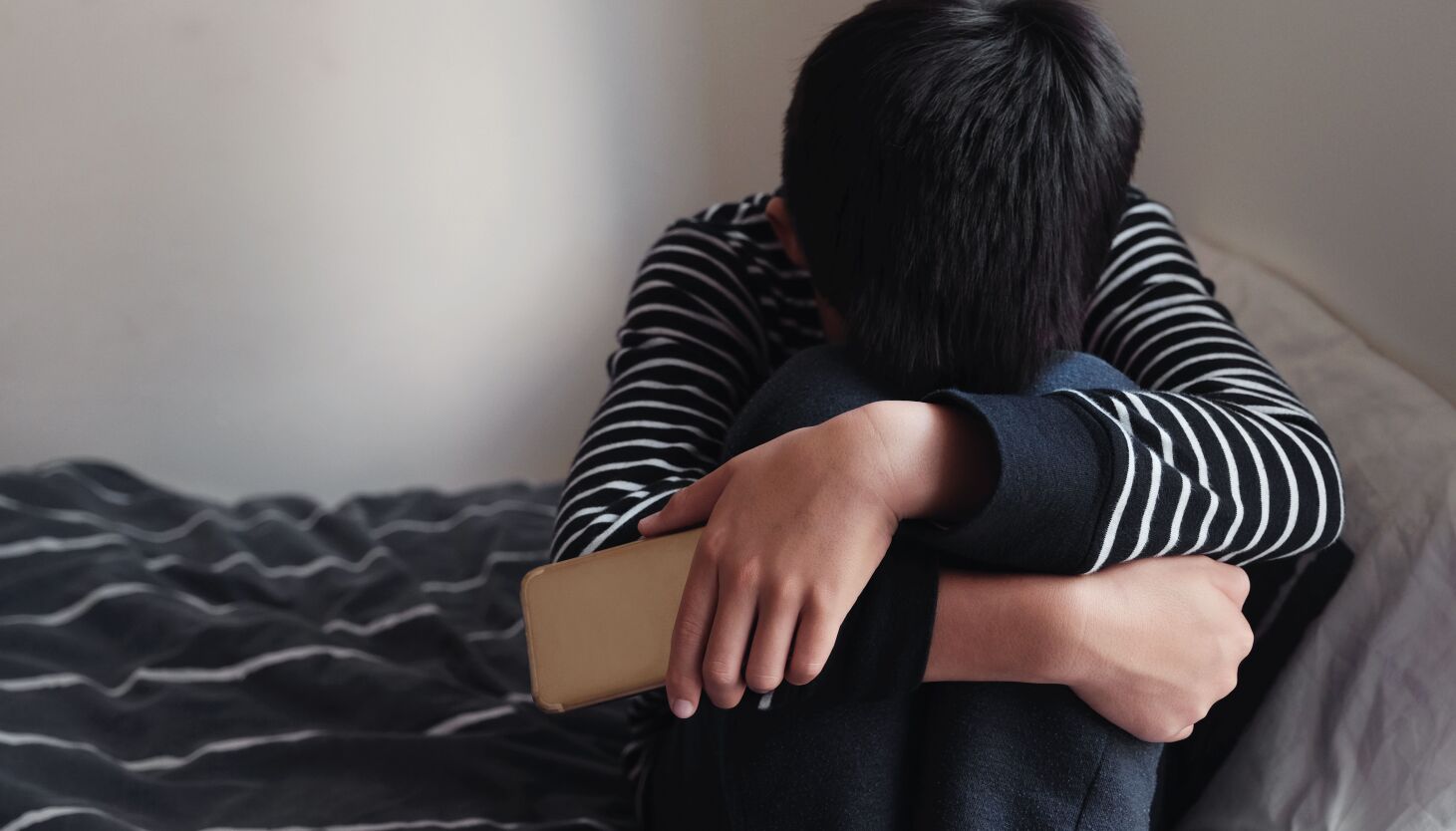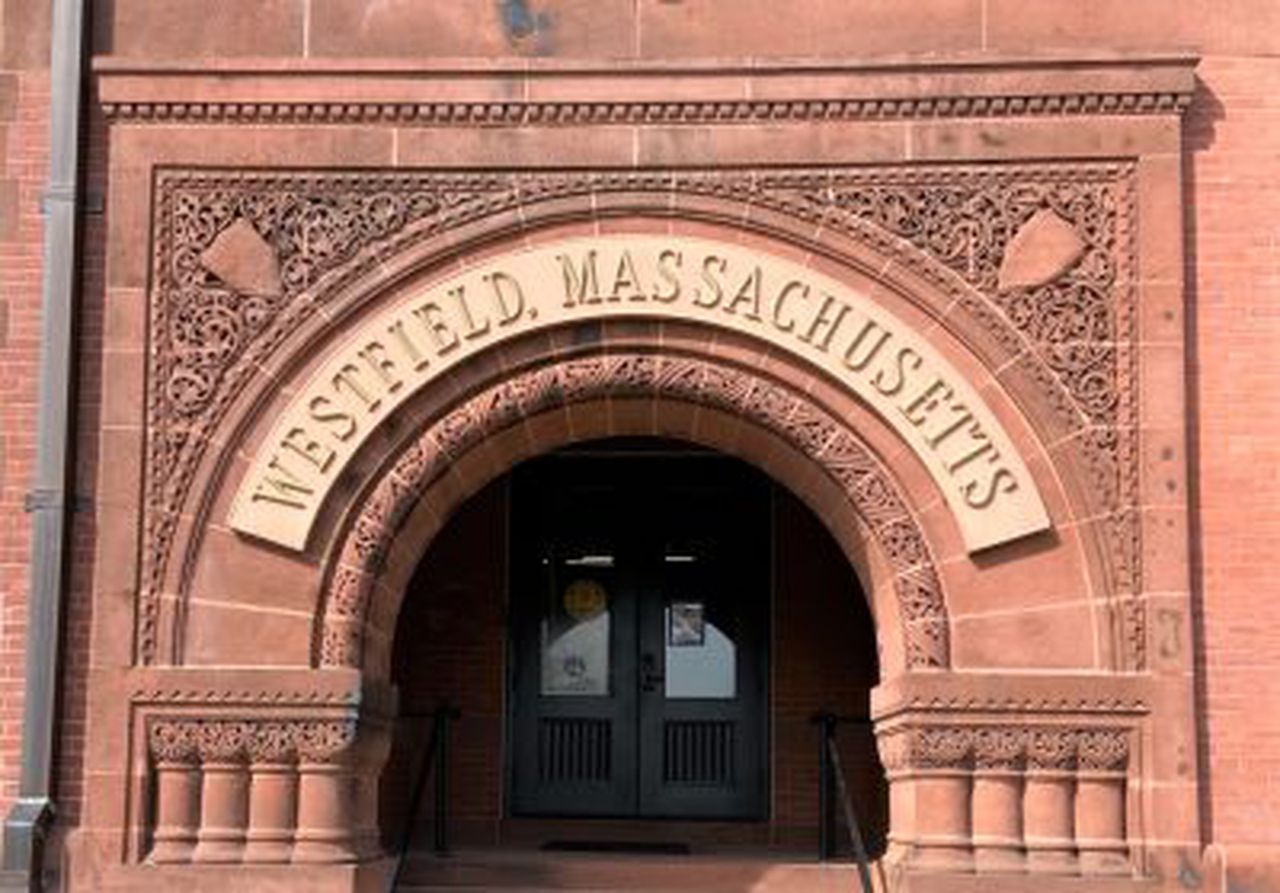[ad_1]
Mental illnesses, disorders and burnout used to be ignored, swept under the rug or viewed as ailments to be embarrassed about or signs of weakness.
Thankfully, attitudes have shifted, to the point where therapy is discussed openly and many businesses grant mental health days to employees who need a break from everyday stress.
Now, 87% of American adults believe that having a mental health disorder is nothing to be ashamed of, and 86% think that those suffering from such a condition can eventually get better, according to a 2018 survey by The Harris Poll for the American Psychological Association.
That outlook was a godsend during the past 2 1⁄2 years, when many Americans hit a wall trying to navigate life amid a worldwide health crisis. But unfortunately, some people are still ashamed to seek help, don’t know how to reach out and are afraid they can’t afford treatment.
Chicago is doing something about that, we’re glad to report. Its Mental Health Equity plan is expanding access to more mental health care facilities, and this fall is scheduled to roll out a 211 phone number that will make it easier for people to get connected to health and social services, including counseling.
It’s about time. Chicago is the only major city in the country that doesn’t have a 211 system already in place.
The recent unveiling of 988, the federal government’s nationwide mental health crisis hotline, made it easier for those in crisis to get help. Chicago’s 211 system — which will launch in suburban Cook County at the same time — will streamline the process of finding the right resources for people who may not be in crisis, but need help with their emotional well-being. Both numbers will free up non-emergency 311 operators, who can then focus on calls about garbage collection, tree trimming and potholes.
At the same time, the Chicago Department of Public Health will continue with its mental health plan by connecting with 26 additional partners — local care providers who provide mental health services. With the expansion, all 77 neighborhoods will have city-based “trauma-informed centers of care.”
Residents who come to these facilities are guaranteed care, whether or not they can afford it, have health insurance or are U.S. citizens. When callers dial 211, they’ll be walked through the process of finding a care center and what to expect during a visit, which should help ease the nerves of anyone who is feeling down.
“The city has long needed two things: an easy way to connect, to a safety net system that doesn’t turn anyone away,” as Matt Richards, CDPH’S deputy commissioner of behavioral health, told us recently. “It’s been too hard for people to get connected to what they need, and best practice is to have a single number.”
Callers may have multiple needs — finding counseling, housing, a pediatrician for their child, the location of the nearest food pantry — and 211 operators will provide all of those connections.
A focus on young people
With block grants and additional federal and city funding, the city’s budget for mental health services skyrocketed from $36 million in 2021 to $89 million for 2022. As a result, the city will be able to serve 60,000 adults, including 14,500 children by the end of the year. That’s a huge step, since before 2021, minors didn’t have access to city-based mental health services.
It’s especially important to address the mental health challenges of adolescents, who can end up resorting to violence and substance abuse if their anxiety or depression is dismissed as nothing more than teenage angst.
Last year, 37% of public and private high school students across the country reported that their mental health was poor most or all of the time during the COVID-19 pandemic, according to a survey by the Centers for Disease Control and Prevention. Girls and young members of the LGBTQ community were especially likely to say their mental health faltered during the pandemic.
As a city, we must make resources available to preserve and enhance the mental well-being of the next generation.
A decade ago, more than half the city’s public health clinics shut down for lack of funding. Six years later, Mayor Rahm Emanuel was lambasted for consolidating 12 city-run mental health clinics to save money.
In part because of federal COVID relief money, CDPH officials say there is enough funding available to keep Mayor Lori Lightfoot’s mental health plan operating for the next four years. They are hoping the care network now being implemented can sustain itself well beyond then, with additional money from the city and from higher Medicaid reimbursements to the city’s community partners .
We hope so too.
Illinois has a lower prevalence of mental illness and higher rates of access to care for adults and youth compared to Washington D.C. and 38 others states, according to a 2022 report from Mental Health America.
But that means 11 other states are doing better. There’s still room to improve.
Want to write a letter to the editor or submit an op-ed for the Sun-Times?See our guidelines.
[ad_2]
Source link


